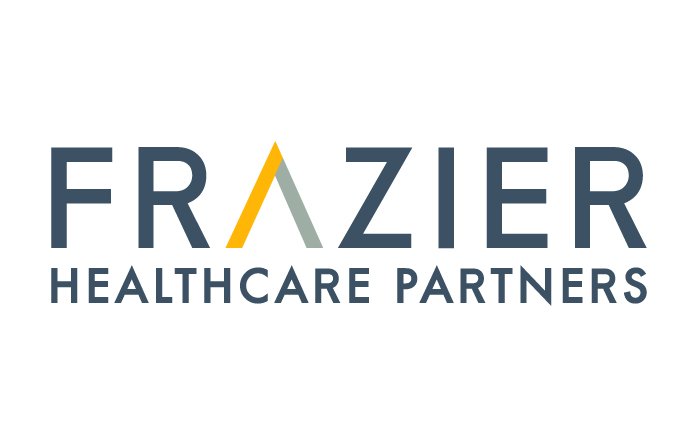Pharmacists serve as an accessible and trusted source of information about health and prescribed therapy.
Their role is to address the healthcare needs of patients throughout their course of treatment. Pharmacists ensure patients are lawfully prescribed medication that is suitable and of good quality while advising how drugs should be administered, what reactions may occur, and responding to any general questions regarding treatment. To provide the best level of care, pharmacist and patient need to establish a trusting relationship promoting open and honest communication. Sharing information allows the pharmacist to provide individualized guidance and support throughout the course of treatment. This article examines critical information patients should share with their pharmacy team and why.
Medication Profile and Allergies
Providing an accurate medication profile is a critical piece of information ensuring the best quality of care and optimal therapeutic outcomes. Patients should provide a complete medication profile during their initial assessment and any time there is a change or update. Duplication of therapy, drug-drug interactions, drug-food interactions, increased risk of medication errors, ER visits, and hospital readmission are just some of the negative outcomes that can occur as a result of not sharing a complete medication profile.
Many patients mistakenly believe that herbs, vitamins, foods, anything labeled “natural,” and over-the-counter medications are automatically safe to continue during the course of specialty therapy. Very often, herbs and foods may interact with certain medications and can result in serious reactions. According to experts, natural does not mean safe. Certain drugs and foods when taken together can decrease drug effectiveness or reduce nutrient absorption. Vitamins and herbal supplements taken with prescribed medication can also result in adverse reactions. It is very important to effectively communicate your entire medication profile including supplements with the pharmacy team to ensure safe and effective treatment.
It’s also very important to share any known allergies with your pharmacist. It is important to share any allergies that you may have so that the pharmacist can accurately complete your drug utilization review. This would include any possible drug-allergy interactions. The pharmacist needs to be sure you are not dispensed a medication that you will knowingly have an allergic reaction to.
Medical History
Every patient population has unique needs. Certain chronic conditions come with restrictions in the type of care or drugs that patients should receive. Many undergo treatment for multiple conditions at the same time with different providers. It is important to provide pharmacists with a complete medical history and list of conditions. A pharmacist can advise why a specific medication may or may not be appropriate only if they have a complete picture of a patient’s health. This can reduce a series of negative outcomes including the risk of worsening symptoms, hospital readmissions, even death. Effectively communicating medical history with the pharmacy team will help the pharmacist offer personalized, relevant information and education key to better health outcomes.
Learning Style
Specialty drug routines can be complex, requiring a high level of patient education and support. Every patient has a different preferred learning style and level of health literacy. Some patients have varying degrees of health literacy which can impact their ability to effectively manage their conditions. Some patients may have difficulty reading or understanding directions on prescription labels or educational materials. Others may find it intimidating to communicate with members of their healthcare team. One thing that patients should realize is that communicating their specific needs can help the pharmacy team tailor educational materials and support. There are various educational resources designed specifically for patients based on preference and health literacy levels including charts with the appropriate grade level readings, language appropriate brochures with pictures, videos, and other resources all of which help patients learn in a way most effective to their individual preference and circumstance.
Working Together Toward Better Health
Your pharmacy team is focused on providing the means and resources to improve your health. In order to avoid negative outcomes, worsening symptoms, hospitalizations, and other negative outcomes, it’s important to help your pharmacist understand your specific needs. Providing key information including your medication profile and known allergies, medical history, and preferred learning style, your pharmacist can act as an additional health resource working with you to promote better health.
References
Nester TM, Hale LS. Effectiveness of a pharmacist-acquired medication history in promoting patient safety. Am J Health Syst Pharm. 2002;59(22):2221-2225. doi:10.1093/ajhp/59.22.2221
Kennelty KA, Chewning B, Wise M, Kind A, Roberts T, Kreling D. Barriers and facilitators of medication reconciliation processes for recently discharged patients from community pharmacists' perspectives. Res Social Adm Pharm. 2015;11(4):517-530. doi:10.1016/j.sapharm.2014.10.008
McCormack L, Thomas V, Lewis MA, Rudd R. Improving low health literacy and patient engagement: A social ecological approach. Patient Educ Couns. 2017;100(1):8-13. doi:10.1016/j.pec.2016.07.007
Wittenberg E, Ferrell B, Kanter E, Buller H. Health Literacy: Exploring Nursing Challenges to Providing Support and Understanding. Clin J Oncol Nurs. 2018;22(1):53-61. doi:10.1188/18.CJON.53-61
Our entire team is committed to maintaining the health and wellbeing of those we are privileged to serve.
For updated information regarding our response to developments related to COVID-19, a letter from our CEO, and early refill requests, please click here.
Stay healthy, and be well.
We are with you and will get through this together.
Stay informed on the latest trends in healthcare and specialty pharmacy.
Sign up for our monthly e-newsletter, BioMatrix Abstract.
We value your privacy. Review our Privacy Policy here.





